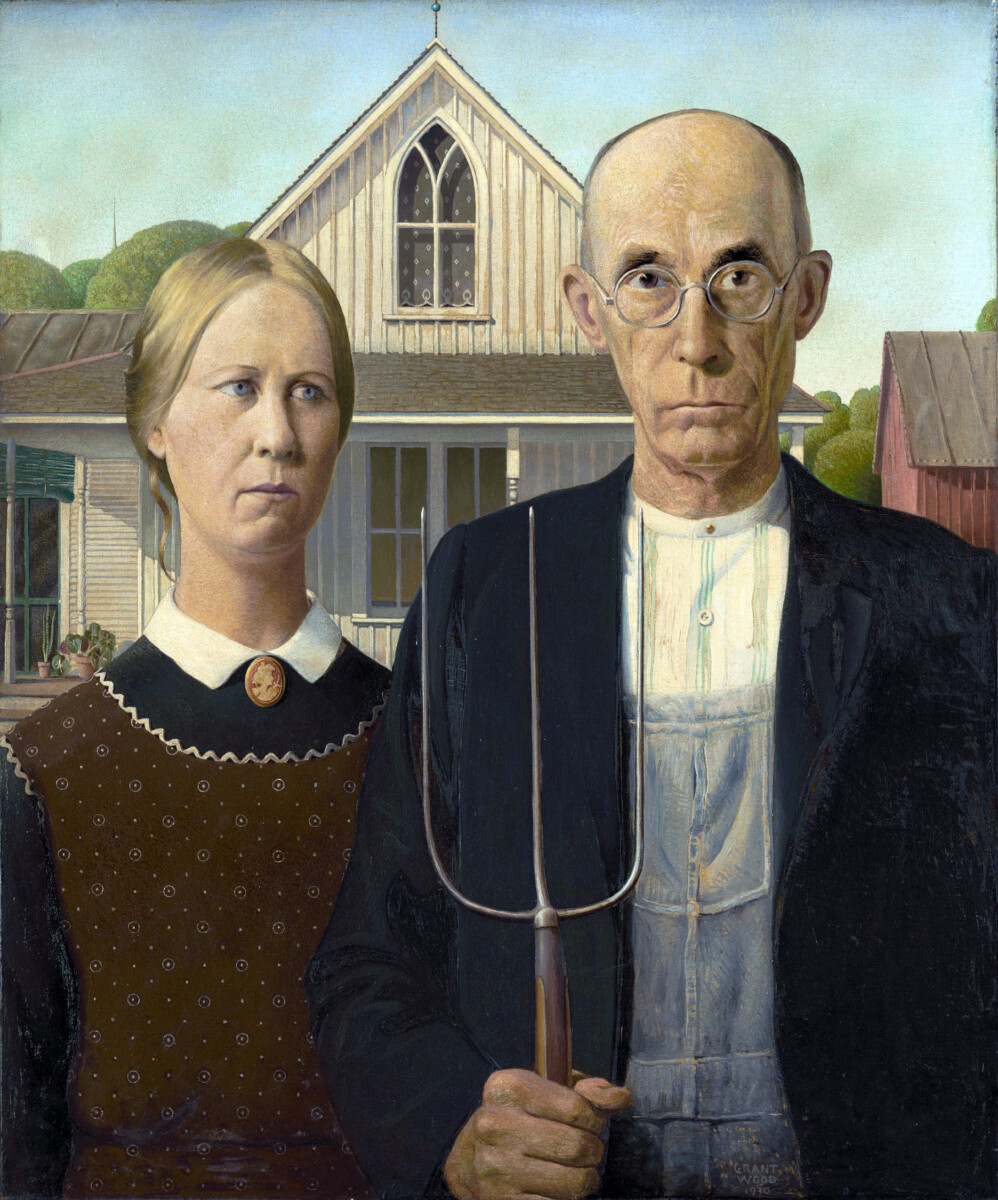The Rising Crisis That Makes Biblical Comfort More Relevant Than Ever

Anxiety isn’t just a buzzword anymore – it’s become America’s silent epidemic. In 2024, 43% of adults say they feel more anxious than they did the previous year, up from 37% in 2023 and 32% in 2022. That’s nearly half the population struggling with heightened worry, fear, and overwhelming thoughts that seem impossible to control.
But here’s what might surprise you: an estimated 19.1% of U.S. adults had any anxiety disorder in the past year, with past year prevalence higher for females (23.4%) than for males (14.3%). Yet despite this massive need, approximately 1 in 4 people with anxiety disorders receive treatment for this condition. Where are the other three-quarters turning for help?
Many are discovering something unexpected: ancient words written thousands of years ago seem to speak directly to their modern struggles. The Book of Psalms, penned by people who knew deep anxiety themselves, offers a kind of comfort that goes beyond quick fixes or temporary relief.
Psalm 23: The Shepherd’s Promise in the Valley of Shadow

Even though I walk through the darkest valley, I will fear no evil, for you are with me; your rod and your staff, they comfort me. These words from Psalm 23 have comforted countless souls, but they’re far from just pretty poetry for greeting cards. King David wrote this during some of the most terrifying periods of his life – when he was literally running for his life from King Saul.
What makes this psalm so powerful for anxiety sufferers isn’t that it promises an easy life. Instead, it acknowledges the “darkest valley” – that place where anxiety feels overwhelming and inescapable. My anxious heart found solace in the image of a shepherd watching over me. In the quiet of the night, these words brought a sense of peace I hadn’t felt in a long time, writes one person who discovered the psalm’s relevance during panic attacks.
The shepherd metaphor isn’t accidental – sheep are notoriously anxious creatures, easily spooked and prone to wandering into danger. Yet a good shepherd stays close, uses his rod and staff not as punishment but as protection and guidance. For someone whose mind races with “what if” scenarios, this image offers profound reassurance that they’re not navigating fear alone.
Psalm 94: When Anxiety Overwhelms the Mind

When I said, ‘My foot is slipping,’ your unfailing love, LORD, supported me. When anxiety was great within me, your consolation brought me joy. Psalm 94 contains one of the most direct references to anxiety in the entire Bible, and it’s brutally honest about what anxiety feels like.
The phrase “when anxiety was great within me” doesn’t sugarcoat the experience. It acknowledges that sometimes anxiety isn’t just present – it’s overwhelming, consuming, “great.” This isn’t about minor worries or everyday stress. This is about the kind of anxiety that makes you feel like your foot is slipping, like you’re losing your grip on stability itself.
What’s remarkable is the psalmist’s honesty about this struggle followed immediately by recognition of divine consolation bringing joy. This isn’t denial or toxic positivity – it’s the acknowledgment that anxiety and God’s comfort can exist in the same moment. When doubts filled my mind, your comfort gave me renewed hope and cheer, the psalm continues, speaking directly to those whose minds are battlegrounds of racing thoughts and fears.
The psalm doesn’t promise that anxiety will instantly disappear, but it does promise that in the midst of mental chaos, there’s a source of consolation that can bring unexpected joy – not despite the anxiety, but right in the middle of it.
Psalm 34: The Cry That Gets Answered

I sought the Lord, and he answered me; he delivered me from all my fears. Psalm 34 opens with David’s personal testimony about fear and deliverance, making it particularly powerful for those who feel trapped by anxiety. This isn’t theoretical comfort – it’s the real-life experience of someone who cried out in desperation and found help.
What makes this psalm stand out is its progression from cry to answer to deliverance. David doesn’t skip over the seeking part – he actively looked for help, called out, waited for a response. I sought the Lord, and He answered me; He delivered me from all my fears. This poor man called, and the Lord heard him; He saved him out of all his troubles.
The phrase “delivered me from all my fears” is significant because it uses the plural – not just one fear, but all of them. Anyone who’s dealt with anxiety knows it’s rarely about just one thing. It’s the fear of failure mixed with the fear of success, the fear of being alone mixed with the fear of being judged by others. Psalm 34 acknowledges this complexity while offering hope that deliverance is possible.
But here’s the part that might surprise you: The Lord is close to the brokenhearted and saves those who are crushed in spirit. This isn’t about having it all together – it’s specifically for those who feel broken and crushed, exactly where anxiety often leaves people.
The Unexpected Comfort of Psalm 139: God Knows Your Anxious Thoughts

Most people turn to Psalm 139 for its beautiful words about being “fearfully and wonderfully made,” but there’s a lesser-known verse that speaks directly to anxiety sufferers: Search me, O God, and know my heart; test me and know my anxious thoughts. Point out anything in me that offends you, and lead me along the path of everlasting life.
The Hebrew word for “anxious thoughts” here literally means “disquieting thoughts” – those racing, restless thoughts that keep you awake at night and distracted during the day. What’s remarkable is that the psalmist doesn’t ask God to simply take these thoughts away. Instead, he asks God to know them, to see them fully.
This offers a radically different approach to anxiety than what our culture typically suggests. Instead of hiding our worried thoughts or feeling ashamed of them, Psalm 139 suggests bringing them into the light, letting God examine them alongside us. There’s profound comfort in knowing that the most chaotic thoughts in your head aren’t shocking or offensive to the One who created your mind.
The psalm continues with the assurance that God’s presence is inescapable – not in a threatening way, but as ultimate security. Whether you’re in the heights of joy or the depths of despair, whether your thoughts are peaceful or anxious, you cannot go anywhere that God isn’t already present.
Psalm 55: The Comfort of Honest Desperation

Psalm 55 might be the most emotionally raw chapter in the entire Bible when it comes to anxiety and fear. David writes: Be gracious to me, O LORD, for I am languishing; heal me, O LORD, for my bones are troubled. My soul also is greatly troubled. This isn’t polite religious language – this is someone falling apart.
Later in the psalm, David admits something that might shock those who expect biblical figures to have unwavering faith: he wishes he could just run away from everything. He fantasizes about having wings like a dove so he could “fly away and be at rest.” Anyone who’s ever wanted to escape their anxious thoughts can relate to this desperate desire for relief.
But here’s where Psalm 55 offers unexpected comfort: it shows that even heroes of faith sometimes felt like they were drowning in worry and fear. Give your burdens to the Lord, and he will take care of you. He will not permit the godly to slip and fall, the psalm concludes, but only after fully acknowledging the weight of those burdens.
This psalm gives permission to feel overwhelmed, to admit when you’re struggling, to be honest about the fact that sometimes faith doesn’t immediately make anxiety disappear. And in that honesty, it offers a different kind of comfort – the comfort of being understood and accepted even in your most desperate moments.
Why These Ancient Words Still Work Today

What’s fascinating about turning to these ancient texts in our modern anxiety epidemic is how specifically they address the experience. Anxiety can be a very isolating and lonely experience. No one can see what is going on inside your head, but you can feel crushed by overwhelming thoughts of fear, worry and stress.
The psalmists understood this isolation intimately. They wrote from caves while hiding from enemies, from exile while separated from everything familiar, from illness while their bodies failed them. They knew what it felt like when your mind becomes your enemy, when sleep eludes you, when fear feels more real than faith.
But they also discovered something that modern anxiety sufferers are rediscovering: there’s power in putting words to your fear, in crying out even when you don’t know if anyone’s listening, in choosing to seek help even when hope feels impossible. The Psalms are a way for people to not only worship God, but to meet with him. The Psalms invite you to come near to God in times when you feel isolated or hopeless.
These aren’t magic formulas or quick fixes – they’re honest conversations with the divine that acknowledge both human frailty and divine faithfulness. In a world where adults are particularly anxious about current events (70%) – especially the economy (77%), the 2024 U.S. election (73%), and gun violence (69%), perhaps it’s time to rediscover the comfort of ancient wisdom that speaks to timeless human fears.
The reality is that anxiety may be more prevalent now than ever before, but the human need for comfort, hope, and peace remains unchanged. These five psalms offer not escape from anxiety, but companionship through it – the assurance that even in our most worried moments, we’re not alone in the valley of shadow. Whether you’re facing the overwhelming thoughts that keep you awake at night or the daily fears that steal your peace, these ancient words continue to offer unexpected comfort to modern hearts. Did you expect that three-thousand-year-old poetry could speak so directly to twenty-first-century anxiety?





